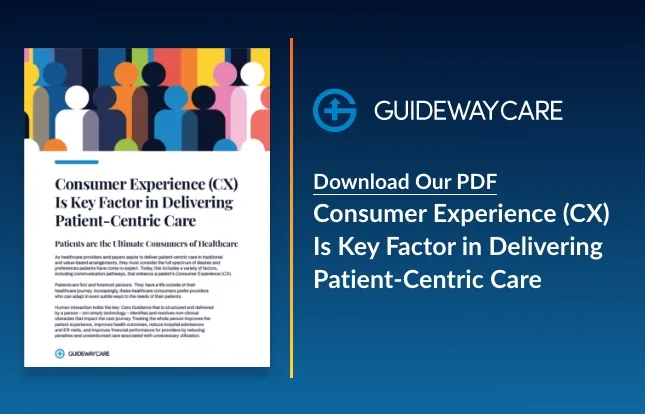The Crucial Role of Patient Engagement in Managing Chronic Diseases

Chronic diseases, such as heart disease and diabetes, affect the quality of life for many individuals. Managing these conditions can be complex and requires continued effort to prevent deterioration and avoid severe complications. This is where professional healthcare patient engagement becomes crucial. Here are several reasons why patient engagement is so important in chronic disease management.
Enhancing Adherence to Treatment Plans
One of the primary reasons why patient engagement is critical for chronic disease management is that it enhances adherence to treatment plans. When patients are actively involved in their healthcare, they are more likely to follow prescribed treatments, attend regular medical appointments, and adhere to medication schedules. In addition, engaged patients understand the importance of their treatment plans and the consequences of non-compliance, leading to better health outcomes and a lower risk of complications.
Empowering Patients With Knowledge
Another effective way patient engagement improves chronic care is by providing the knowledge and tools needed to manage these conditions effectively. Informed patients are more likely to recognize early signs of deterioration and seek timely medical intervention. Also, they can make informed decisions about their health, such as dietary choices, physical activity, and lifestyle changes.
Fostering a Collaborative Healthcare Environment
As a healthcare service, engaging patients contributes to a more collaborative healthcare environment. When patients actively participate in their care, they communicate more effectively with their healthcare providers. This open communication allows sharing of vital information, leading to more accurate diagnoses and personalized treatment plans. Healthcare navigator providers can better understand patients’ preferences, challenges, and goals, resulting in a partnership supporting optimal disease management and patient satisfaction.
Encouraging Self-Management Skills
Finally, patient engagement encourages the development of self-management skills. Chronic disease management often requires patients to take an active role in monitoring and managing their health. Engaged patients learn how to track their symptoms, recognize warning signs, and implement coping strategies. This self-management capability is vital for preventing complications and managing daily health challenges effectively. Healthcare providers can support this process by offering education, resources, and regular follow-up, ensuring patients feel confident managing their conditions.
The benefits mentioned are undeniable if you wonder why patient engagement is critical in chronic disease management. Whether enhancing adherence to treatment plans or encouraging self-management skills, patient engagement leads to better health outcomes and an improved quality of life. Contact the professionals at Guideway Care to engage patients better, creating a more sustainable and efficient healthcare system.
Contact Us Today To Learn How We Can Help
"*" indicates required fields




